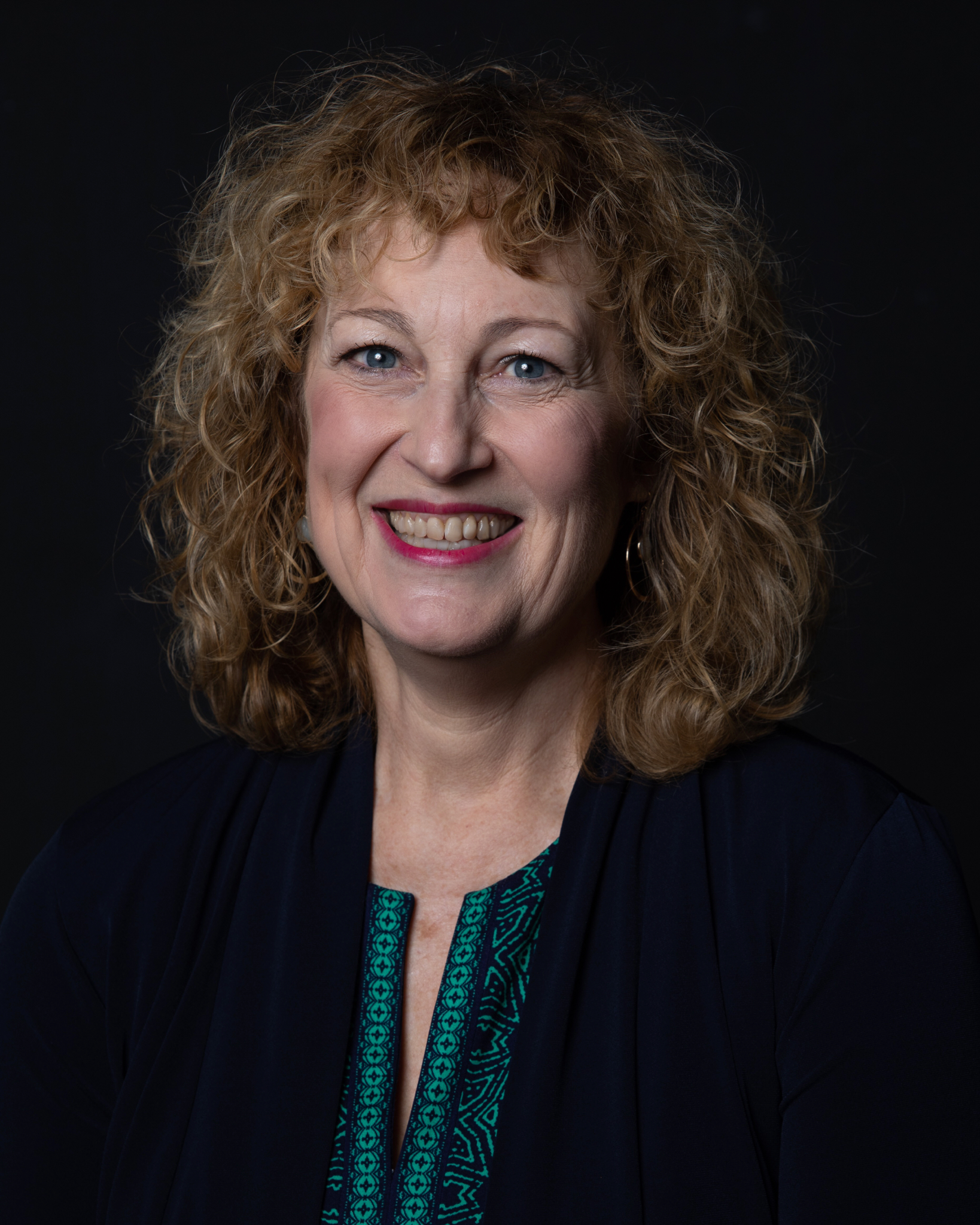- Home
- About
- Mission
- Board of Directors & Committees
- Children & Family Committee
- Communications Committee
- Disaster Response Network Committee
- Diversity, Inclusion and Social Responsibility Committee
- Early Career Psychologists Committee
- Ethics Committee
- Finance Committee
- Graduate Students Committee
- Insurance Committee
- Integrated Care Committee
- Licensure Committee
- Master's Committee
- Membership Committee
- Program Committee
- Regional Membership Groups Committee
- Advocacy
- Task Forces
- Staff
- MPA Statements
- Awards
- MPA Bylaws
- Membership
- Education
- Jobs & Advertising
- Resources
- Find a Psychologist
- MPA Foundation
Michigan Psychological Association
|
Access to Behavioral Healthcare for Rural People
Friday, September 17, 2021, 12:00 PM - 1:00 PM EDT
Category: Events
Access to Behavioral Healthcare for Rural PeopleSeptember 17th from 12-1PM via Zoom. REGISTER HERE. Providing access to behavioral healthcare for rural populations is a critically important initiative shared by psychologists worldwide. Integrated behavioral healthcare provides a mechanism to access psychological services for the underserved, including those living in rural, less populated areas. In the United States, farmers have been killing themselves at more than twice the rate of veterans, commensurate with the suicide rate for farmers in other countries. Integrated care is a vehicle developed to provide timely psychological intervention for major health problems, such as depression/suicide. In the U.S., primary care medical providers treat over 70 percent of mental health and substance use problems, without assistance from psychologists or other mental health providers. Dr. Diana Prescott’s presentation will highlight: (1) rural psychology practice; (2) how rural psychological practice can be integrated into the provision of healthcare; (3) how depression, suicide, and other mental health problems in high-risk populations such as rural farm workers can be effectively addressed through integrated behavioral healthcare; (4) how telepsychology can be utilized in rural areas to address these and other important behavioral health issues, such as obesity. Learning Objectives:
Dr. Diana L. Prescott was raised on a farm, completing her BA in Psychology and Spanish at Butler University in Indianapolis, IN. She earned an MA and PhD in Psychology with a Clinical major, minors in Developmental and Community Psychology, and a Rural Community Psychology (NIMH-funded) specialty at the University of Nebraska-Lincoln. She completed a predoctoral internship at the Indiana University School of Medicine. Dr. Prescott is a licensed psychologist in Indiana and Maine. She was employed at St. Mary’s Medical Center and The Acadia Hospital in Bangor, Maine. Dr. Prescott has also worked contractually for the University of Evansville and Eastern Maine Medical Center (EMMC) (Behavioral and Developmental Pediatrics, Pediatric Traumatic Stress Project). Dr. Prescott directs a rural health consulting practice evaluating and treating women and children (Hampden Psychological Consultation, PLLC; Hampden Psychological Properties, LLC). She has developed the integrated behavioral health component of EMMC’s pediatric obesity program, Way to Optimal Weight (WOW). She has supervised doctoral students through WOW and The Acadia Hospital as an adjunct professor for the University of Maine-Orono. Dr. Prescott has chaired the Maine Migrant Health Program and served on the Maine Primary Care Association board. She has chaired the APA Committee on Rural Health. She was elected to the APA Council of Representatives, representing MePA during the Good Governance Project. Dr. Prescott is a member of the Rural Health Caucus; Women’s Caucus; Child Caucus; SPTA Caucus; Health Caucus, Practice Caucus, and the Ethnic Minority Caucus. She has represented MePA on the Committee for Women in Psychology Network and as a Rural Health Coordinator. She received the APAPO Federal Advocacy Award and served on the Committee of State Leaders. She is a member of Divisions 7, 12, 13, 16, 17, 19, 29, 30, 31, 35, 37, 38, 40, 42, 43, 44, 45, 52, 54, and 56. Dr. Prescott has presented on rural integrated care at the European Congress of Psychology in Milan, Italy, the International Congress of Psychology in Yokohama, Japan, the 3 rd Congress for the Order of Portuguese Psychologists in Porto, Portugal, the 15 th European Congress of Psychology in Amsterdam, The Netherlands, and the International Congress of Applied Psychology (IAAP) in Montreal, Canada. Dr. Prescott was elected as a Member at Large on the IAAP Board of Directors, serving as Secretary of Professional Practice Division 17. She and her psychologist husband, Dr. David Prescott, have three daughters (Rachel, Meredith, and Eleanor). |

 Prev Month
Prev Month View Month
View Month Search
Search Go to Month
Go to Month Next Month
Next Month Dr. Diana L. Prescott is a psychologist dedicated to uniting and protecting psychology and psychologists. Her leadership background qualifies her to lead in challenging times, having served on the APA and APASI Boards during the Independent Review and the COVID-19 and racism pandemics. Dr. Prescott served as a Member at Large on the APA Board of Directors and is currently the Recording Secretary. Her Board liaison assignments have included Finance, BPA, CAPP, CIRP and ASPPB. She has volunteered as Federal Advocacy Coordinator for the Maine Psychological Association (MePA) for over 15 years, advocating for science, education, practice, public interest, and applied psychology.
Dr. Diana L. Prescott is a psychologist dedicated to uniting and protecting psychology and psychologists. Her leadership background qualifies her to lead in challenging times, having served on the APA and APASI Boards during the Independent Review and the COVID-19 and racism pandemics. Dr. Prescott served as a Member at Large on the APA Board of Directors and is currently the Recording Secretary. Her Board liaison assignments have included Finance, BPA, CAPP, CIRP and ASPPB. She has volunteered as Federal Advocacy Coordinator for the Maine Psychological Association (MePA) for over 15 years, advocating for science, education, practice, public interest, and applied psychology. Export Event
Export Event 


